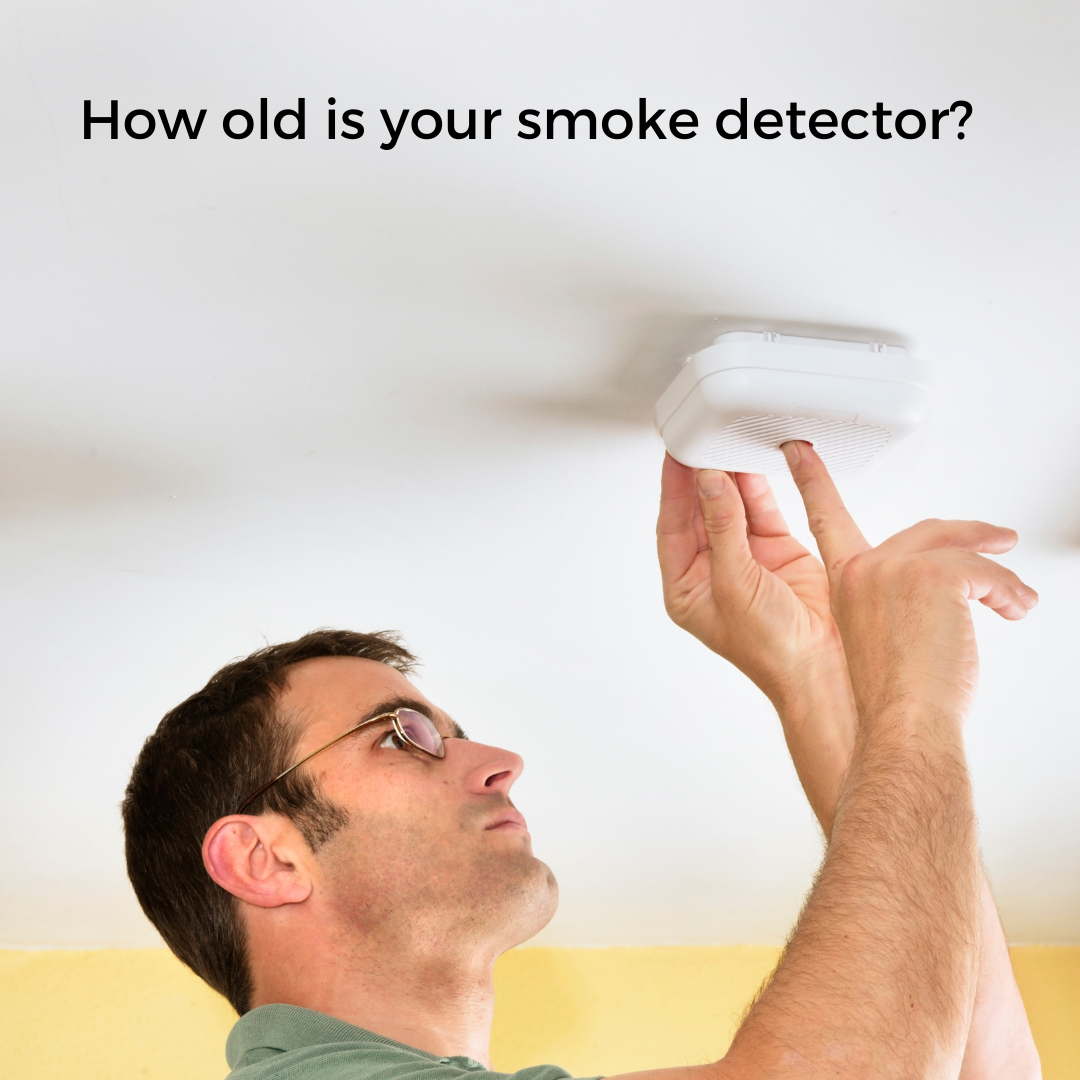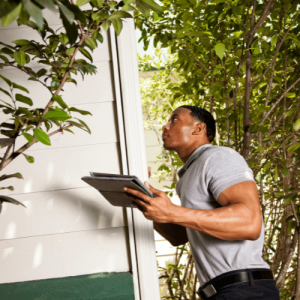Ensuring the safety of occupants in residential buildings is of paramount importance. In Florida, the fire code has specific requirements for smoke detectors to enhance early detection and prompt response in the event of a fire. This blog post explores the significance of dual-operation smoke detectors, their placement, and the need for regular replacement.
- Dual-Operation Smoke Detectors: A Lifesaving Feature:
Dual-operation smoke detectors, which combine battery power and home electricity, offer a crucial advantage in terms of reliability. They provide continuous protection even during power outages or if the electrical system fails. By having both power sources, these detectors minimize the risk of failure and increase the chances of timely fire detection.
- Placement Guidelines for Maximum Coverage:
To maximize coverage and early warning, the Florida fire code specifies precise placement requirements for smoke detectors. These guidelines ensure that detectors are strategically placed throughout the home, reducing response time and providing residents with ample opportunity to escape in the event of a fire.
- Inside and outside each room: Smoke detectors should be installed both inside and outside every bedroom or sleeping area. This placement ensures that occupants are alerted regardless of whether the fire originates within the room or outside.

- On each floor: Smoke detectors must be present on every floor of the house, including basements and attics, to ensure comprehensive coverage.
- Floors without bedrooms: Even floors without bedrooms, such as living spaces or family rooms, require the installation of smoke detectors in or near these areas. Fire can start in any part of the house, and early detection is crucial to ensure everyone’s safety.
- Regular Replacement: Ensuring Optimal Performance:
Smoke detectors are not immortal, and their sensors wear out over time. Therefore, it is crucial to adhere to the recommended replacement schedule to ensure optimal performance. In Florida, it is recommended to replace each smoke alarm at least every 10 years.
To determine the age of a smoke alarm, check for the label indicating the date of manufacture. If the label is missing or unreadable, it is an indication that the alarm is old and must be replaced promptly. Regularly replacing smoke alarms helps maintain their reliability and effectiveness, ensuring the highest level of safety for occupants.
Florida’s fire code mandates specific requirements for smoke detectors to enhance the safety of residents. Dual-operation smoke detectors provide a crucial advantage by ensuring continuous protection even during power outages. Following the recommended placement guidelines and adhering to the recommended replacement schedule are essential steps in maintaining the effectiveness of smoke alarms. By taking these precautions, homeowners can significantly enhance fire safety and protect their loved ones and property from the devastating effects of fire.

 6. Document the inspection: Take detailed notes and photographs during the inspection to document any issues or concerns. This documentation can serve as evidence if disputes arise later on. Keep records of previous inspections as well.
6. Document the inspection: Take detailed notes and photographs during the inspection to document any issues or concerns. This documentation can serve as evidence if disputes arise later on. Keep records of previous inspections as well.